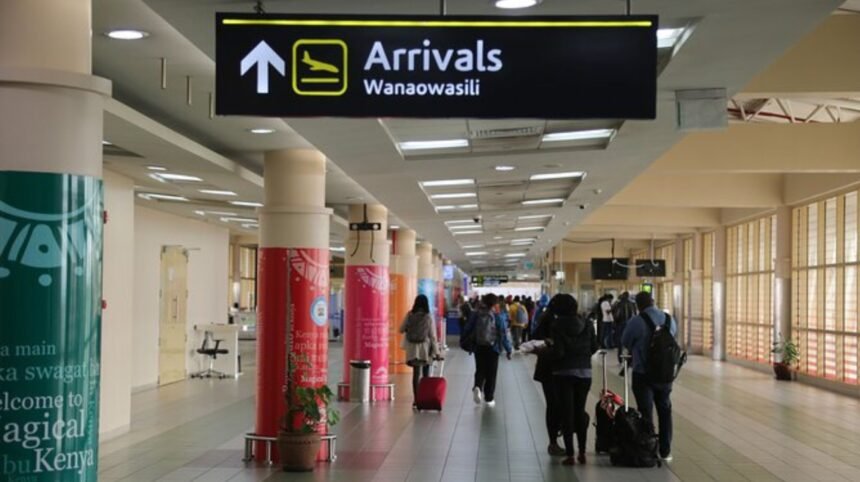In a historic decision to boost pan-African solidarity, Kenya has eliminated visa requirements for all African travellers, setting a powerful example for the continent. Announced by President William Ruto, this groundbreaking policy paves the way for seamless travel across Africa, fostering regional integration, trade, and tourism.
For decades, restrictive visa regulations, many rooted in colonial-era policies, have stifled Africa’s growth. While regions like Europe and Southeast Asia embraced open borders to drive economic progress, African travellers faced costly and bureaucratic hurdles just to visit neighbouring countries.
Kenya’s latest move goes beyond its 2025 visa-free 60-day stay policy, which still required electronic travel authorisations (ETAs). By removing all visa restrictions, Kenya is aligning with the African Union’s Agenda 2063, a vision for a borderless Africa united by free movement and economic collaboration.
The economic benefits of this decision are immense. Kenya’s wildlife parks, pristine beaches, and vibrant cities are expected to attract more visitors, revitalising a key sector of its economy. Entrepreneurs, investors, and professionals can now travel freely, accelerating cross-border partnerships and innovation.
The African Continental Free Trade Area (AfCFTA), projected to increase intra-African trade by 109% by 2035, stands to gain significantly from easier movement of people and goods. While some critics warn of security and economic risks, Kenyan officials remain confident in their border management systems, emphasising that the long-term gains of stronger regional ties, job creation, and investment far outweigh potential challenges.
Kenya’s unilateral action is inspiring other African nations to reconsider restrictive visa policies. Ghana is set to amplify this momentum with its Trans African Tourism and Unity Campaign, launching in August 2025.
This 120-day initiative will span 39 African nations, lobbying governments and mobilising public support for visa-free travel across the continent. Supported by media partnerships and grassroots advocacy, the campaign aims to make Kenya’s policy a continental standard.
A key focus of the movement is challenging the misconception that open borders compromise security. Advocates argue that smart immigration systems, not blanket restrictions, can manage risks while unlocking Africa’s economic potential.
If successful, this shift could transform border towns into thriving trade hubs, strengthen supply chains and regional markets, and foster cultural exchange and innovation.
Kenya’s decision is more than a diplomatic gesture; it’s a bold declaration of faith in Africa’s shared future. By dismantling visa barriers, Kenya has positioned itself as a leader in pan-African collaboration, proving that openness, not isolation, drives prosperity.
As other nations consider following Kenya’s lead, the continent could witness unprecedented economic integration, increased cultural exchange, and a surge in innovation and entrepreneurship.
The true measure of success will be tangible outcomes: more jobs, thriving small businesses, and a renewed sense of African unity.
One thing is clear: Kenya has handed Africa the key to a more connected future. Now, the rest of the continent must decide they will use it.










